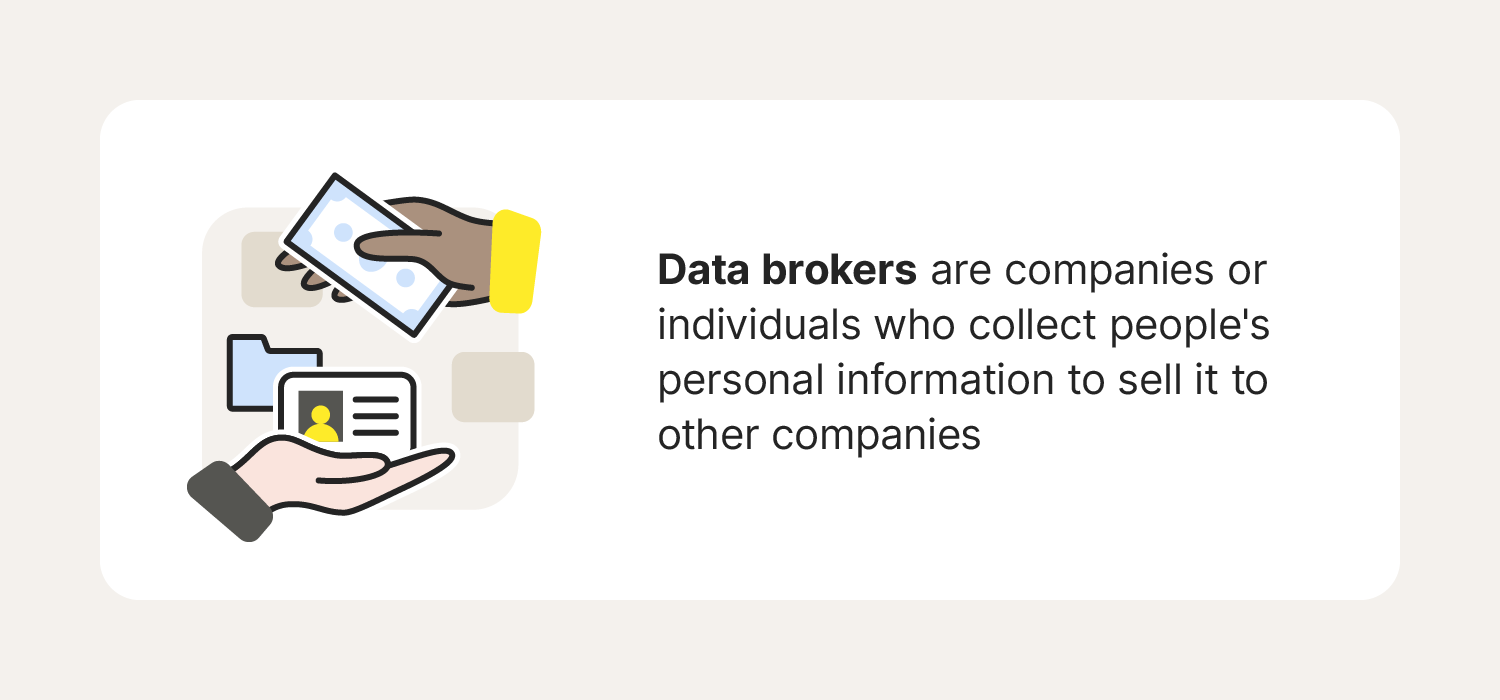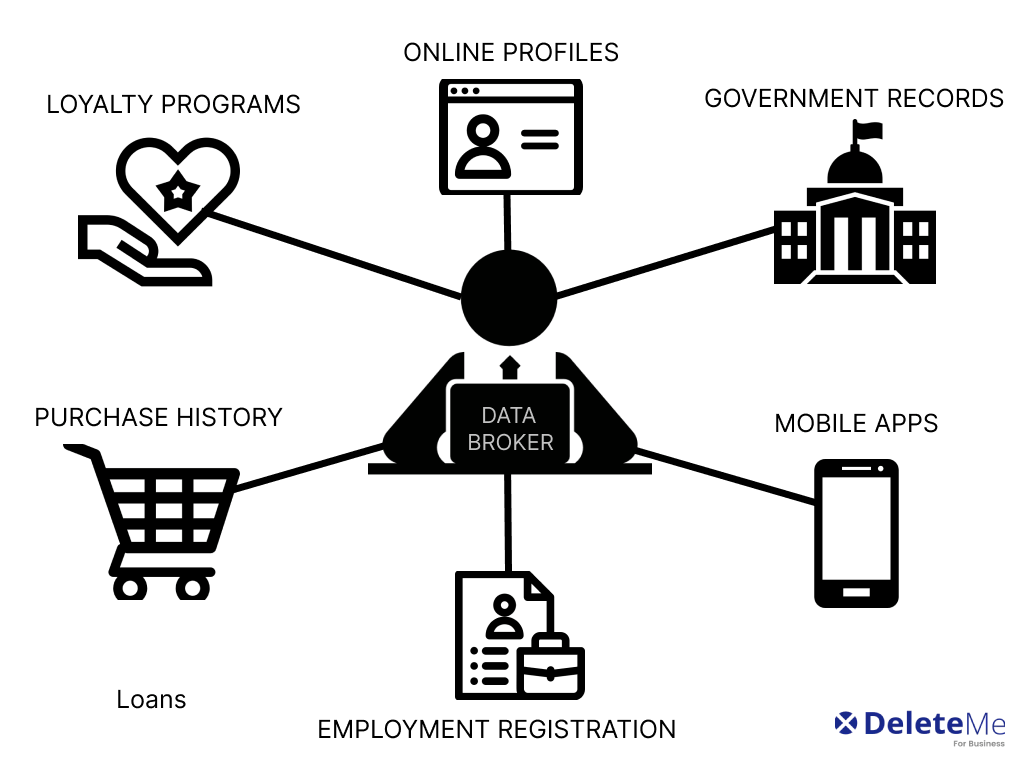
In an era where personal information holds immense value, the landscape of privacy is shifting. With rising concerns about individual rights, regulations are tightening. This new environment has profound implications for entities that specialize in gathering and selling personal profiles. The rules of engagement have changed significantly. Compliance is no longer optional; it is a necessity.
Many organizations that once operated with minimal oversight now find themselves under scrutiny. Data practices are being examined closely, and the stakes are higher than ever. This transformation brings both challenges and opportunities for firms dealing in personal information. Navigating this complex terrain requires a keen understanding of evolving legal frameworks.
Businesses must adapt to stringent requirements, ensuring transparency and accountability. Customers are becoming more aware of their rights and demanding greater control over their personal information. The emphasis on informed consent is reshaping how transactions are conducted. It is not merely about compliance; it is about rebuilding trust.
As these developments unfold, traditional methods of collecting and utilizing information face significant challenges. Strategies must evolve to align with new expectations, fostering ethical practices that prioritize user rights. With potential penalties looming for non-compliance, firms must prioritize their approach to privacy regulations. Innovating in this context could provide a competitive edge, ensuring sustainability in an increasingly regulated environment.
Overview of GDPR Regulations

In recent years, privacy laws have taken center stage, reshaping how organizations manage personal information. Compliance with these legal frameworks necessitates significant adjustments. Companies must navigate a complex landscape, ensuring they respect individual rights while maintaining operational efficiency. The shift towards stringent privacy measures is not just a trend; it’s a fundamental change in corporate responsibility.
For entities engaged in collecting, processing, and sharing personal details, understanding the implications of these regulations is crucial. Organizations are now required to implement transparent practices. This includes clear communication about what data is collected and how it is utilized. Moreover, they need to establish robust mechanisms for obtaining consent.
At its core, the objective is to empower individuals regarding their personal information. This new approach requires businesses to reassess their methods. Companies must be prepared to adjust their operations to align with legal stipulations. Failure to comply could result in significant challenges. Therefore, the emphasis on accountability has never been greater.
|
AspectDescription|
ConsentExplicit agreement from individuals to process their information.|
TransparencyClear disclosure of data collection and usage practices.|
AccountabilityResponsibility for data handling and compliance with regulations.|
Rights of IndividualsEmpowerment to access, modify, and delete personal data.
Ultimately, this comprehensive framework is designed not only to protect individuals but also to foster trust between consumers and organizations. As businesses adapt, they must recognize that these changes represent an opportunity to enhance relationships and build loyalty. The evolving landscape of privacy legislation is a reminder that in an interconnected world, safeguarding personal information is a shared responsibility.
Responsibilities of Data Brokers Under GDPR
In recent years, the landscape of personal information management has shifted significantly. This transformation places a spotlight Medium's guide on data removal entities that handle individual data. With these changes comes a set of obligations meant to safeguard user privacy and enhance transparency. As the regulatory environment evolves, adherence to these new standards becomes imperative for all involved parties.
Data handlers play a crucial role in this framework. They must take specific actions to comply with established regulations. Here are some key responsibilities that these entities must fulfill:
- Ensure transparency in data processing activities.
- Obtain explicit consent from individuals before collecting their information.
- Implement robust security measures to protect personal data.
- Facilitate individuals' rights to access, rectify, or erase their information.
- Keep accurate records of data processing activities.
First and foremost, organizations must provide clear, concise information about their data collection practices. This includes detailing what types of personal data are processed, the purpose of processing, and any third parties involved. Such transparency fosters trust and empowers individuals with knowledge regarding their data.
Moreover, obtaining valid consent is paramount. Entities must ensure that consent is freely given, specific, informed, and unambiguous. This means avoiding pre-ticked boxes and vague language. Individuals should feel confident in their choices, knowing they have a say in how their personal information is utilized.
Additionally, robust security protocols are crucial in maintaining the integrity of personal information. Organizations are expected to implement appropriate technical and organizational measures to prevent unauthorized access, data breaches, and loss. This emphasizes the need for both preventative and corrective measures in dealing with sensitive information.
Facilitating individuals' rights is another core responsibility. This includes enabling access to personal data, allowing individuals to correct inaccuracies, and providing mechanisms for data deletion when requested. Such rights empower users and place control back into their hands, emphasizing a more ethical approach to data management.
Lastly, maintaining comprehensive records of processing activities is essential. This not only aids in accountability but also serves as a valuable tool for demonstrating compliance. Entities must regularly review and update their practices to align with evolving standards.
As regulations continue to shape operational practices, the importance of adhering to these responsibilities cannot be overstated. Compliance is not merely a legal requirement; it reflects a commitment to ethical data management and respect for individual privacy.
Responsibilities of Data Brokers Under GDPR
In today's landscape, organizations handling personal information must adhere to strict obligations. This ensures individuals' privacy and security are respected. For entities engaged in the collection and sale of such information, this means understanding and implementing a range of requirements. Navigating these responsibilities is crucial for maintaining trust and compliance.
- Transparency in data processing activities.
- Implementing measures for data security.
- Facilitating consumer rights and access to information.
- Maintaining accurate records of personal data handling.